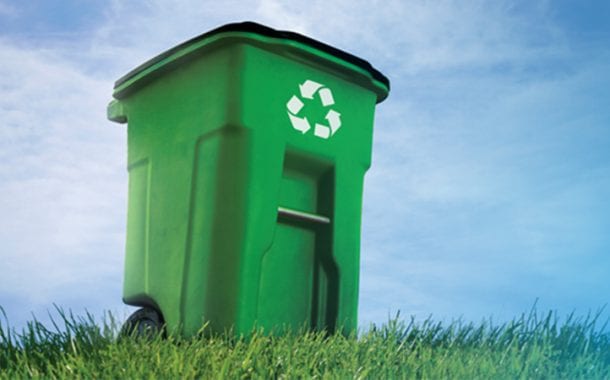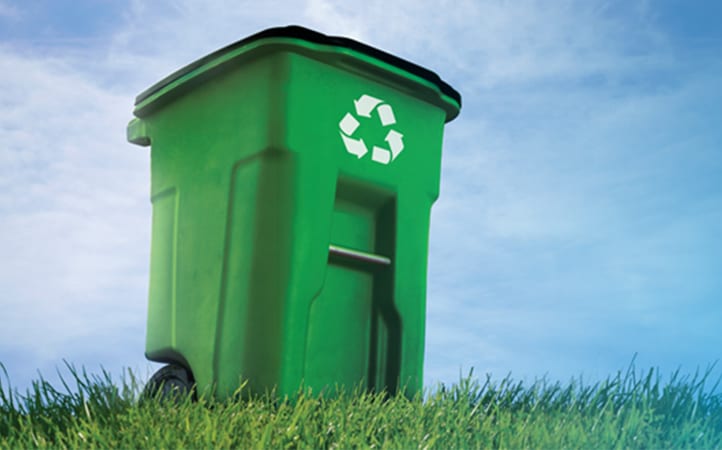
In today’s fast-growing and environmentally conscious world, people are becoming more and more educated on ways to conserve the life of our planet. After all, for most of us, the colonizing on Mars theory isn’t a feasible option, which means that we need to make drastic changes before any other considerations must be made. With movements to conserve water, plant trees, reduce carbon dioxide emissions and move away from plastic products entirely, it is no wonder why our energy resources are more abundant than ever, air and water is cleaner than it has been in any past decade, and natural resources are cheaper in real terms than 50, 100 or 500 years ago. YES, these are facts and great ones at that! So, the next time you hear that the state of our planet is in dire straits, be aware that some things are not as bad as they seem.
With that said, we must talk about all the negative attention the plastics industry has received recently. It’s not untrue that plastic is a huge problem that needs urgent attention, but let’s look at some things worth shedding light on:
THE FACTS:
- Plastic HELPS reduce environmental impacts by using 4 times less material than other materials.
- By using plastic, we can deliver more food and preserve food longer with less waste than other products. Lightweight plastics conserve more energy and global warming potential.
- Plastic manufacturers are working alongside many private agencies to find solutions that will keep plastics out of the ocean. There are over 260 projects which are funded by plastic manufacturers which have a single aim to prevent the spread of ocean debris.
- Microwaving that spaghetti in a plastic bowl is not going to cause cancer. Why? Because the cancer-causing carcinogen named “dioxin” only forms at high temperatures typically over 700 degrees. (Nobody microwaves at that temperature)
- No, using plastic containers to freeze your leftovers is not going to give you cancer. The FDA insists that there is no correlation between freezing temperatures and the release of dioxins.
- Paper bag production uses 70% more pollution than plastic bags
- The energy required to produce paper bags is nearly 5 times more than a plastic bag
For more details about the information mentioned above, please feel free to visit any of these sites :
Presco has long been an advocate of the planet, with biodegradable marking products taking a front row in our product line-up. We wholeheartedly endorse all the wonderful things that groups like the National Wildlife Federation, Earth Island, and Sierra Club are doing for the sake of this planet.
If you are thinking about making a switch to biodegradable marking products, please reach out to one of Presco’s knowledgeable customer representatives.

